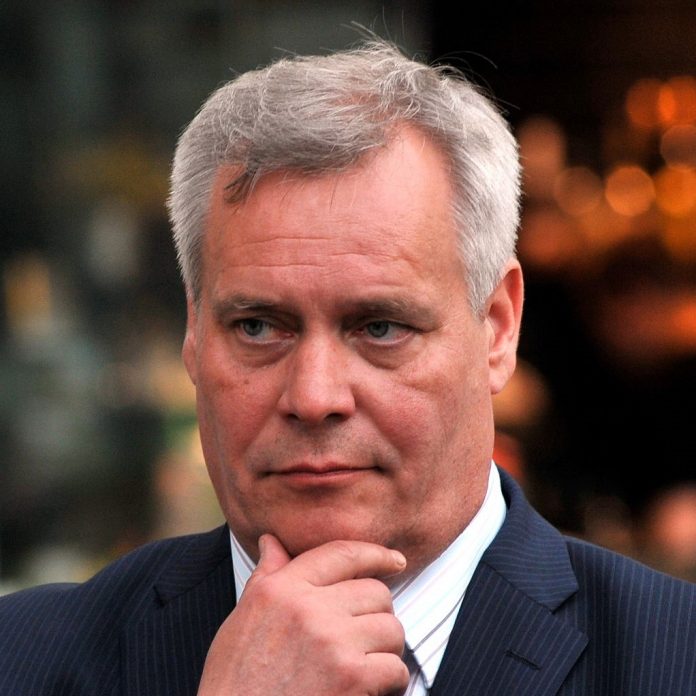Unsuccessful asylum seekers in Finland should be integrated into the labour force said the leader of the Socialdemocrats.
During a debate between party leaders ahead of the parliamentary elections in Finland on April 14, Antti Rinne has stunned his colleagues with his radical suggestions.
“[They should] get to work and quickly. Language training and then to work,” he said in an election debate in Helsinki on Thursday. The debate was organised by YLE.
Rinne’s suggestion provoked the reaction of the other leaders. Most of them warned it would severely undermine the credibility of the asylum system.
“This would be a way to circumvent our employment permit system,” said Jussi Halla-aho, president of the far-right Finns Party, which is an ally of the Italian League party.
Similar views were expressed by the Prime Minister Juha Sipilä of the Centre Party, the president of the National Coalition Petteri Orpo and Sari Essayah, the leader of the Christian Democratic Party.
However a skills shortage in Finland is one of the biggest challenges to growth and internationalisation by many social and healthcare companies, according to an announcement of the interior ministry in January 2018.
This is why the Finnish government unveiled a policy programme for promoting employment-based immigration to Finland.
As reported by The Helsinki Times in January 2018, the government’s policy programme outlined measures not only to increase employment-based immigration but also to promote the integration of foreign employees and foster good relations between various population groups.
Joona Räsänen, a member of Finnish Parliament for the Social Democratic Party, in an article published in the Helsinki Times in December 2018, writes that declining population growth and ageing of the population are primarily a challenge for the Finnish economy.
“Ageing of the population will increase demand for public services at a regional and municipal level. This creates huge pressure for public services, which are primarily funded by a decreasing number of taxpayers,” Räsänen wrote.
The number of those who are of working age has already fallen during the last eight years. Companies will face big challenges when searching for members of the workforce to fill open jobs and assignments. A shortage of jobs will eventually turn into a shortage in the workforce, if the decline in the Finnish population will continue further during the next decades.
According to Räsänen, the next government, which starts its work after the general elections on April 14, has to build a strategy for strengthening employment-based immigration from abroad. This strategy should include all the necessary tools needed to attract and retain highly talented people.
“In the future, it is also important that all immigration to Finland take place under widely agreed rules. Society must have the power to control and coordinate employment-based immigration to the sectors that are most in need of highly skilled workforce. Current legislation offers a good basis for this control and fine-tuning”.

